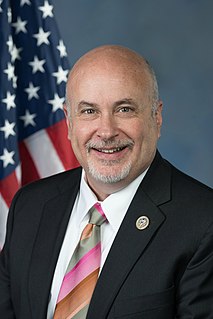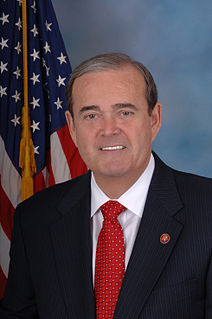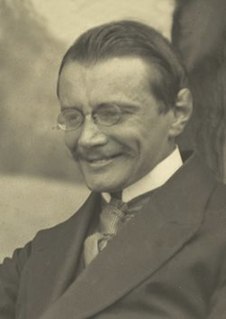A Quote by Vint Cerf
The internet has become one of the motors of the 21st century economy, allowing all of us to reach a global audience at a click of a mouse and creating hundreds of thousands of businesses and millions of jobs.
Related Quotes
People's mouse clicks decide what businesses, services, and content succeed. Users have equal access to tiny businesses with viral ideas and blue-chip companies, allowing these enterprises to compete on their own merits. It's how so many small start-ups have been able to become Internet success stories.
I want to get the economy going again. It's not just enough about what we're against, as important as that is. I have a plan to create new jobs, manufacturing, infrastructure, clean energy jobs that will make us the 21st century clean energy super power. I also want to make sure small businesses can start and grow again.
The economy is very sick. We're losing our jobs to China to Japan to every country. We're making horrible trade deals. We are losing jobs in this country. Hundreds and hundreds of thousands of jobs are being lost. And part of the reason is our taxes are so high in this country. I'm also cutting, you know they don't talk about that.
We know that to compete for the jobs of the 21st century and thrive in a global economy, we need a growing, skilled and educated workforce, particularly in the areas of science, technology, engineering and math. Americans with bachelor's degrees have half the unemployment rate of those with a high school degree.
The chief moral obligation of the 21st Century is to build a green economy that is strong enough to lift people out of poverty. Those communities that were locked out of the last century's pollution-based economy must be locked into the new, clean and renewable economy. Our youth need green-collar jobs, not jails.
With the communication internet, whole industries have been disrupted. You're in the publishing industry, you understand that. Before, we had newspapers, magazines - now you're on the web. I'm in book publishing. I don't have to tell you what's happened to us. Television has taken a hit. The music industry. But, thousands of new businesses have emerged on this new communication revolution platform. Not just Google, Facebook, and Twitter. There are thousands of operations. Businesses that are doing the platforms, the apps. They're mining the big data. They're creating the connections.
We need to reach the millions who live in cities, the hundreds of thousands in industrial centers, the tens of thousands in medium-sized towns, the thousands in small towns, and the hundreds in villages -- all these at once. Like a volcanic eruption, a spiritual revolution needs to spread through the country, to spur people to crucial decisions. People have to recognize the futility of splitting life up into politics, economics, the humanities, and religion. We must be awakened to a life in which all of these things are completely integrated.
Together, we could open up government and invite citizens in, while connecting all of America to 21st century broadband. We could use technology to help achieve universal health care, to reach for a clean energy future, and to ensure that young Americans can compete - and win - in the global economy.




































